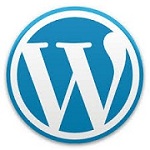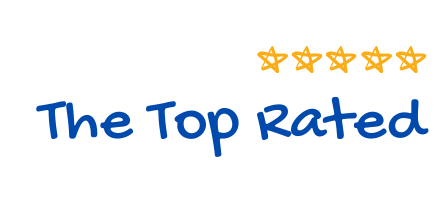
A content management system (CMS) or specifically a web-based CMS, is a tool that allows technical as well as non-technical person to create, edit and manage contents of a web portal. The contents could be a text, image, graphics, video, etc.
Usually, a content management system comes with a set of ready to use templates whose functionality can be modified by the user. Some developers offer a Web-based GUI to access this framework online, using any web browser available in the market.
Apart from publishing and editing, a CMS can also handle other tasks meant for search engines and users:
- It helps you to add meta details to the page, that helps search engines and users to understand your page easily.
- It automatically generates the navigation system (in blog layout only).
- The basic functionality of the system could be enhanced with the help of additional plugins or add-ons available on the developers site.
- The system also provides a mechanism through which the audience can be categorised in different categories and are allowed to access limited part of a portal based on permissions.
Now, as we are talking about specifically a PHP based CMS, so lets discuss a bit about PHP. As you may already know, PHP is one of the most powerful server-side scripting language which is an open source and is available for free of cost.
Please find the list of top 10 of those CMS below:



